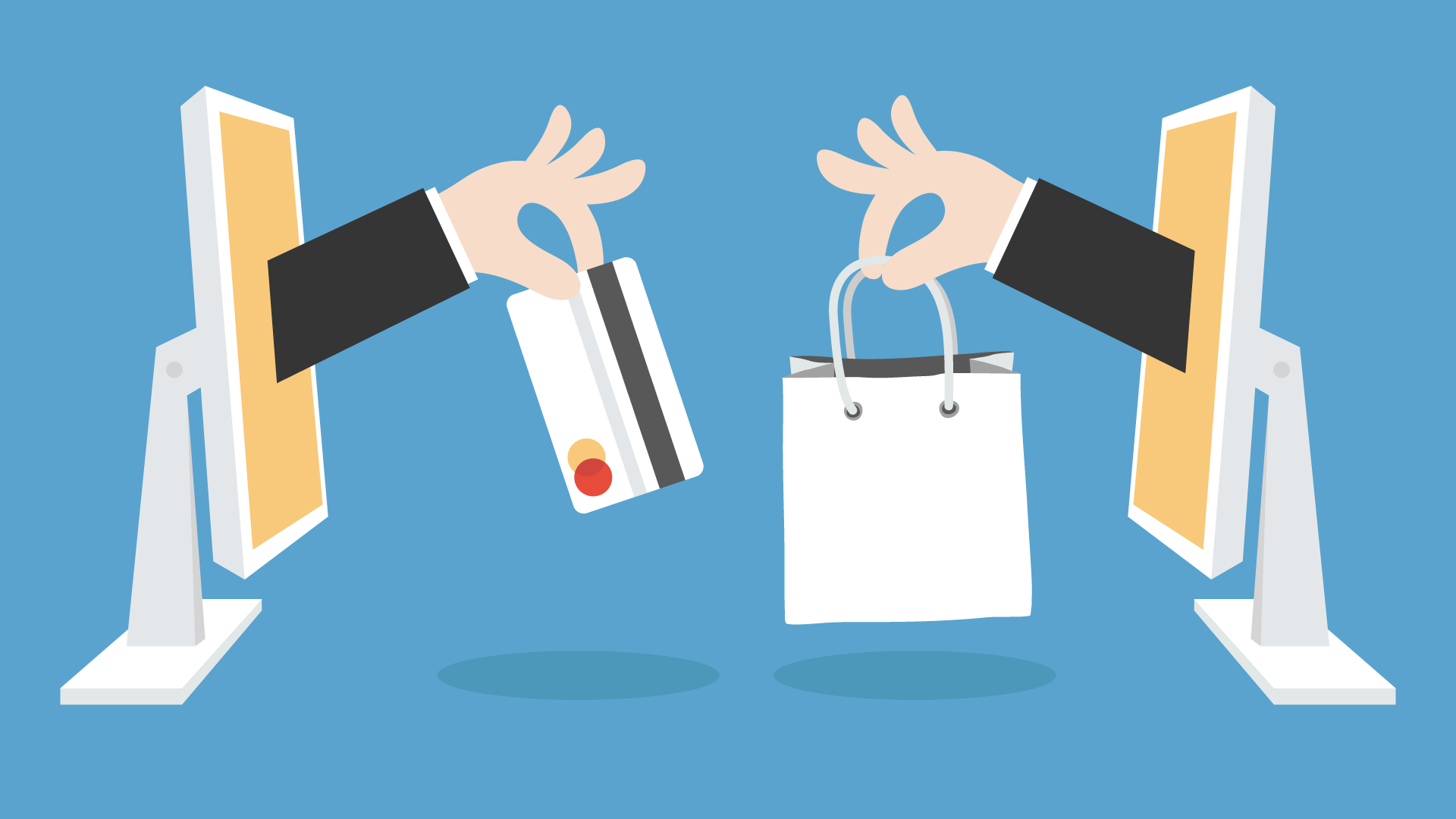Navigating online shopping and e-commerce safely
online shopping and e-commerce are the fundamental steps to ensure a safe online shopping is to buy products from reputable website

In today's digital age, online shopping and e-commerce have become an integral part of our lives. The convenience of browsing through a vast array of products and having them delivered to your doorstep is unparalleled.
However, with the increasing prevalence of online shopping, the risks associated with it have also grown. Cybercriminals are constantly devising new ways to exploit unsuspecting shoppers. In this blog post, we will explore essential tips and strategies to help you navigate the world of online shopping and e-commerce safely.
Shop from Reputable online shopping and e-commerce Websites
One of the fundamental steps to ensure a safe online shopping experience is to buy products from reputable websites. Stick to well-known and established e-commerce platforms like Amazon, eBay, Walmart, and others. These platforms have robust security measures in place to protect both buyers and sellers. Avoid shopping from lesser-known or suspicious websites, especially those with low-quality designs, poor customer reviews, or no contact information.
Check for Secure Websites
Before entering any personal or payment information, make sure the website you are shopping on is secure. Look for "https://" at the beginning of the URL, which indicates a secure connection. Additionally, you should see a padlock icon in the address bar. These indicators show that the website uses encryption to protect your data during transactions.
Use Strong and Unique Passwords
Creating strong and unique passwords for your online shopping accounts is crucial. Avoid using easily guessable passwords, such as "123456" or "password." Instead, use a combination of letters, numbers, and symbols. Consider using a reputable password manager to generate and store complex passwords securely.
Enable Two-Factor Authentication (2FA)
Many e-commerce websites offer two-factor authentication (2FA) as an additional layer of security. Enable 2FA for your shopping accounts whenever possible. This extra step ensures that even if someone obtains your password, they won't be able to access your account without the secondary authentication method.
Be Cautious with Emails and Phishing Scams
Cybercriminals often use phishing emails to trick users into revealing sensitive information or clicking on malicious links. Be cautious when you receive emails from unknown sources or emails that seem suspicious. Avoid clicking on links or downloading attachments from such emails. Legitimate e-commerce websites will never ask you to provide personal or financial information via email.
Regularly Update Your Devices and Software
Keeping your computer, smartphone, and web browsers up to date is crucial for online security. Updates often include security patches that protect against vulnerabilities cybercriminals might exploit. Enable automatic updates whenever possible to ensure you're always running the latest and most secure software.
Use Secure online shopping and e-commerce Payment Methods
When making online payments, choose secure payment methods like credit cards or reputable digital wallets (e.g., PayPal). Credit cards offer additional protection against fraudulent charges, and many banks have fraud detection systems in place. Avoid using wire transfers or prepaid cards for online shopping, as these are less secure and offer fewer protections.
Review Your Financial Statements Regularly
Check your bank and credit card statements regularly for any unauthorized or suspicious transactions. If you spot any discrepancies, contact your financial institution immediately. Quick action can help mitigate potential financial losses due to fraud.
Read Product Reviews and Seller Ratings
Before making a purchase, take the time to read product reviews and seller ratings. These can provide valuable insights into the quality of the product and the reliability of the seller. Be cautious if a seller has a low rating or numerous negative reviews, and consider purchasing from a different source.
Be Skeptical of Too-Good-to-Be-True Deals
If a deal seems too good to be true, it probably is. Scammers often lure shoppers with incredibly low prices to trick them into making impulsive purchases. Do your research, compare prices across different websites, and be cautious of deals that deviate significantly from the market average.
Understand Return and Refund Policies
Before making a purchase, familiarize yourself with the return and refund policies of the online store. Knowing your rights as a consumer can save you from headaches in case you need to return a product or request a refund. Be wary of websites with vague or nonexistent return policies.
Keep Records of Your Transactions
Always keep records of your online shopping transactions, including order confirmations, invoices, and shipping details. Having this information on hand can be helpful if you need to dispute a charge or return a product. Additionally, it helps you keep track of your online shopping expenses.
Use Guest Checkout When Possible
If you're concerned about privacy and data security, consider using guest checkout options when available. This allows you to make a purchase without creating an account on the website, reducing the amount of personal information you need to share.
Educate Yourself About Online Scams
Staying informed about the latest online scams and fraud tactics is essential. Cybercriminals are constantly evolving their methods. Follow reputable tech blogs, news sources, or consumer protection websites to stay updated on common scams and learn how to recognize and avoid them.
Trust Your Instincts in online shopping and e-commerce
Finally, trust your instincts. If something about a website or a transaction doesn't feel right, it's better to be safe than sorry. If you have doubts, consider shopping elsewhere or seeking advice from friends or family members who are experienced online shoppers.
Online shopping and e-commerce offer incredible convenience and access to a vast array of products. However, it's crucial to prioritize safety and security while navigating this digital landscape.
By following the tips and strategies outlined in this blog post, you can significantly reduce the risks associated with online shopping and enjoy a secure and enjoyable shopping experience. Stay vigilant, stay informed, and shop smartly to protect yourself in the world of online commerce.
What's Your Reaction?



















